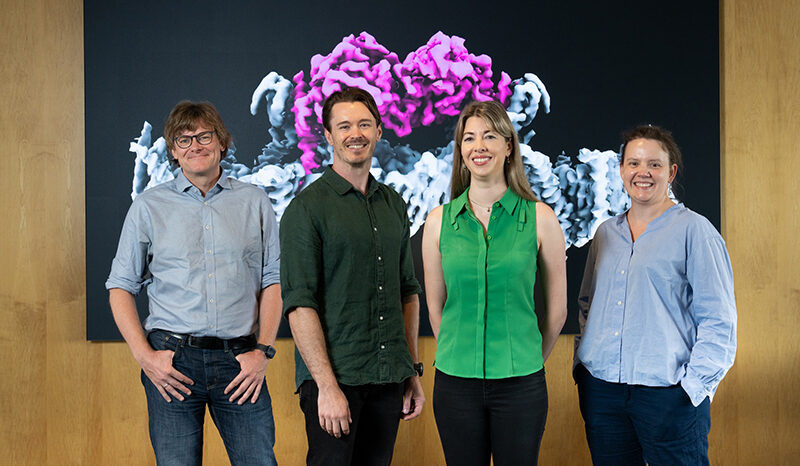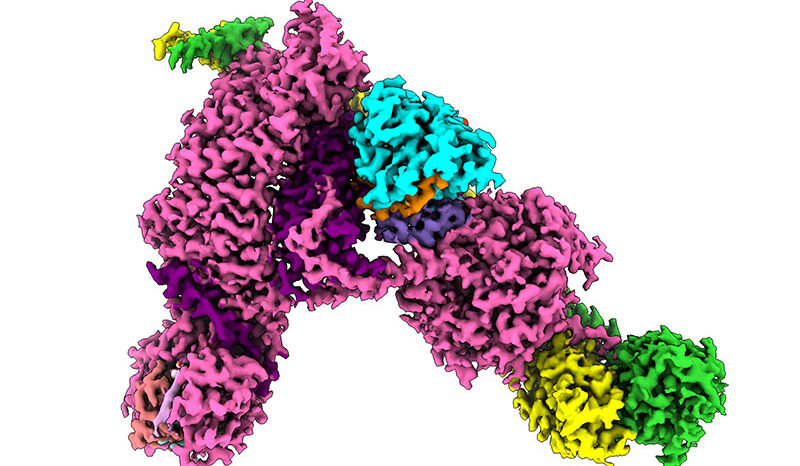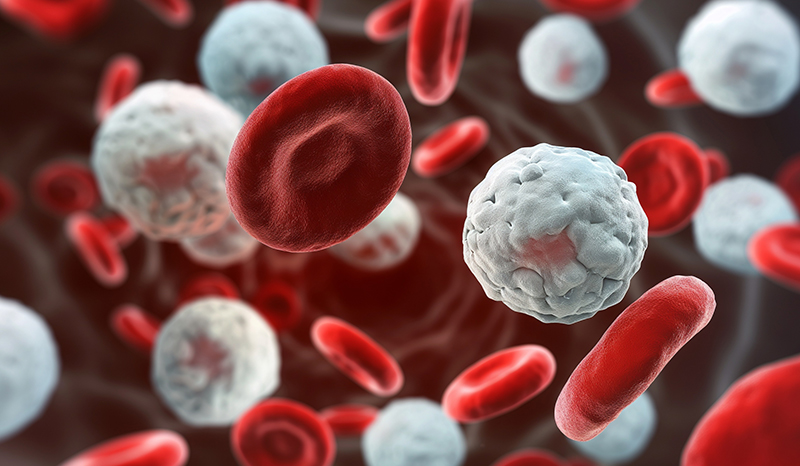Parkinson’s disease affects people in different ways, with each patient experiencing a unique combination of symptoms, level of intensity and disease progression.
The main symptoms of Parkinson’s disease are:
- tremor or shaking, which usually begins in a limb
- muscle rigidity and stiffness
- slowing of movement (bradykinesia)
- stooped posture
- balance problems
- loss of automatic movements including blinking
Parkinson’s disease patients can also experience pain due to muscle rigidity, depression, constipation, problems swallowing, loss of smell, and problems with memory and sleep.
Many people associate Parkinson’s disease with tremor, but in around 30 per cent of cases tremor is not present.
Parkinson’s disease is not a fatal disease. It is possible to live with Parkinson’s disease for a long time, although symptoms progressively worsen.












